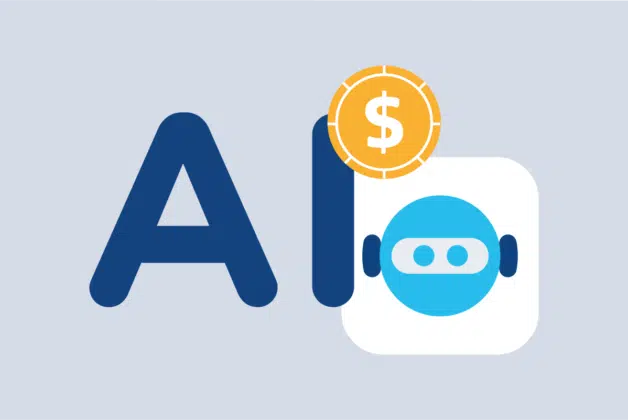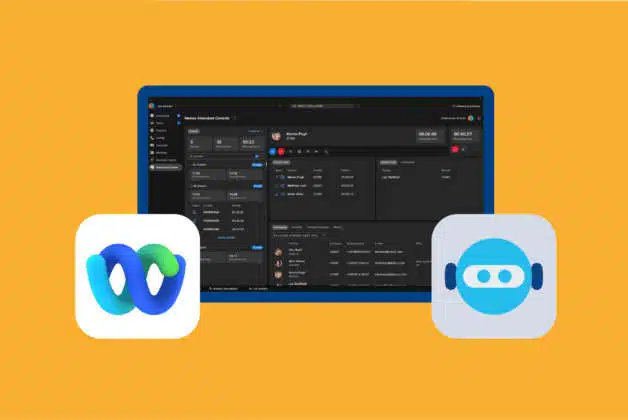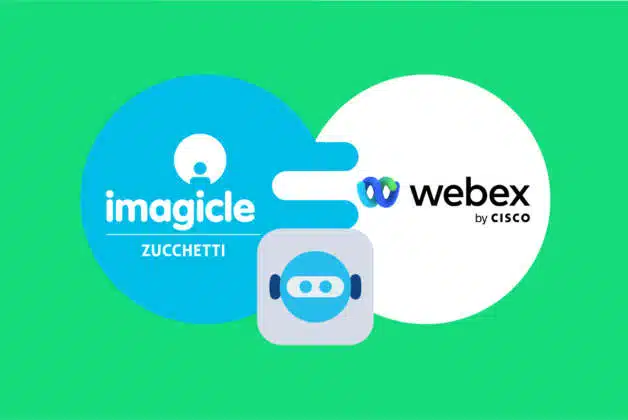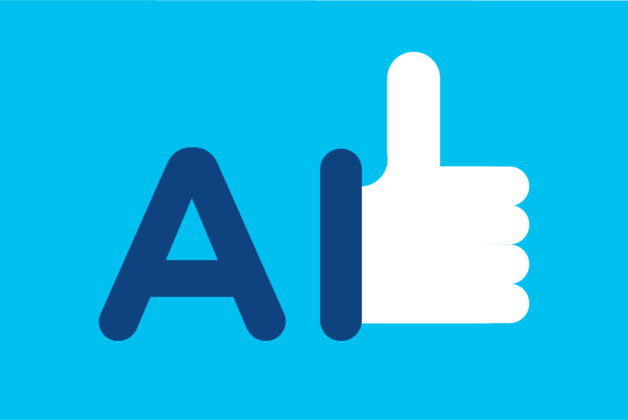 Stefania Solivardi - 2 July, 2024 - 3 ’ read
Stefania Solivardi - 2 July, 2024 - 3 ’ readDiscover the benefits of an AI virtual receptionist and learn how it works.
If you've landed on this article, it means that amid the AI business revolution, you've come across the term AI virtual receptionist. But what exactly is a virtual receptionist, and how does it work? Let's explore the ins and outs of virtual receptionists, their benefits, and how they can help your human receptionists in everyday business operations.
What is an AI virtual receptionist?
Put simply, a virtual receptionist is an AI that takes on receptionist tasks, automating them and making them available around the clock. This generally includes answering and transferring incoming customer calls and can include collecting account information, taking care of FAQs, booking appointments, and more.
You might find references to digital AI receptionists being used to describe human receptionists working remotely, but that’s not what we’re covering here. Today, we’ve covering AI-based virtual receptionists and how they improve customer and employee experience.
We all know the basics of the current AI revolution: people want everything delivered to them immediately, fast, at any hour of the day. Top it all off with the emerging trend of self-service support, and you’ll know why AI phone receptionists are becoming increasingly popular among businesses of all sizes. Some still wonder if virtual receptionists are worth it, but it’s undeniable how they offer a flexible, cost-effective solution for managing front-office tasks, allowing receptionist teams to focus on their core activities plus playing a crucial role in enhancing customer satisfaction and business efficiency.
How does an AI Phone Receptionist work?
We’re talking about advanced technologies such as speech recognition and Natural Language Understanding (NLU). These systems are designed to interact with callers like a human receptionist, accurately recording information like names, locations, business details, and reasons for the call. The AI processes this data to effectively provide appropriate responses or route calls within a business setting.
What does a virtual assistant do? 6 advantages for customers and employees
Every business is unique, and it would be impossible to list every single benefit of an ai phone receptionist tech for every vertical. Despite their differences, though, businesses globally wonder why they should invest in an AI Virtual Receptionist – and here we are.
Better coverage of peak times
In times of day when call volume gets particularly overwhelming, some (or all) can be dispatched by AI, taking the weight off of human receptionists’ shoulders and freeing them to take care of VIP calls, complex inquiries, or other tasks that might get overlooked otherwise. Moreover, virtual receptionists can stay up and running during coffee or lunch breaks, ensuring human receptionists get the rest they deserve.
Never fear PTO again
Virtual colleagues ensure you don’t worry about being understaffed. Suppose most or even all receptionists are on paid time off, home sick, or for any other reason not working. In that case, your customers will not have to wait in line or be forced to hang up because no one answers their call. Plus, with AI handling calls efficiently, businesses can reduce staffing concerns while keeping costs in check – in fact, many worry about virtual receptionist cost without realizing the optimizations it brings in that area.
Never let customers wait
You might have picked up this by now, but why would an AI let a caller wait in line for an answer? A virtual assistant immediately picks up any incoming call and connects the caller with the information or person they need. Considering how little patience customers have, this can make the difference between an excellent and a terrible review.
Office hours? AI doesn’t know them
Why would a virtual assistant not be available when the office is closed? Sure, a virtual assistant might not find a live agent to forward the call to, but it can still take care of frequently asked questions and inform customers of opening and closing times—which is still better than leaving customers hanging until the next morning.
Automatic yet human
I know what you’re thinking—this AI will surely sound like a staticky robot. That’s not good for my business. Let’s not lie—a product’s output is only as good as its overall quality. There is some crooked AI out there, but the right technology will ensure a human approach and a great customer experience.
Unify your brand voice in multiple languages
Another interesting benefit of a digital receptionist is its ability to maintain the same tone of voice across countries and departments. Not only is it truly multilingual and able to break the ever-so-problematic language barrier, but it will 100% of the time keep the brand voice and approach you teach it, making it easy to maintain customer service scripts and a cohesive tone of voice globally.
As stated before, this is a partial rundown of the benefits of onboarding an AI phone receptionist onto your business. This is also because every virtual receptionist is unique and can be customized and molded to your unique business needs. By making sure you land a no-code AI tool, you can reduce human receptionists’ stress and ensure a fast, modern, precise service to your customers.
Want to see an actual AI Virtual Receptionist first-hand?
If you’ve got to the bottom of the article, it means you’re curious of seeing of an AI Virtual Receptionist works. Book a demo with the Imagicle team – you’ll get all the answers you need.
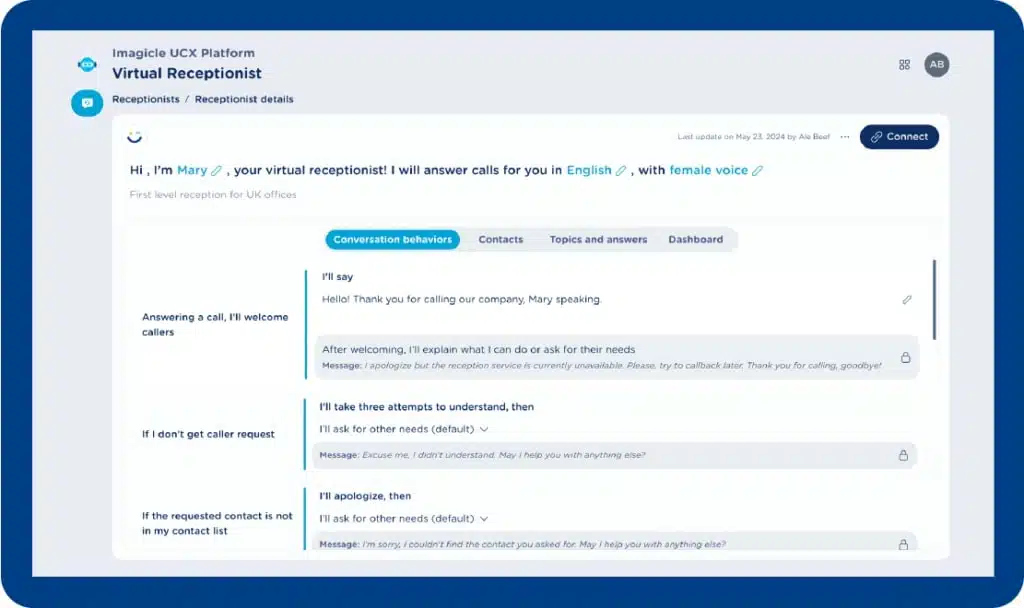
You might also be interested in…
-
Products BlogThe best AI Virtual Receptionist for your Webex Attendant ConsoleThe best AI Virtual Receptionist for your Webex Attendant ConsoleWebex Attendant Console operators are missing out on the best AI Virtual Receptionist to automate the tasks that keep them from being productive. Discover it now!
-
Products BlogThe best AI Virtual Receptionist for your Webex CallingThe best AI Virtual Receptionist for your Webex CallingWebex Calling is a powerful platform, and we're offering you the easiest way to further empower it with the best AI virtual receptionist for the case.
-
Download
Brochure BlogFrom human to virtual receptionist. A short overview.From human to virtual receptionist. A short overview.Meet our new AI colleague through a short vademecum.
